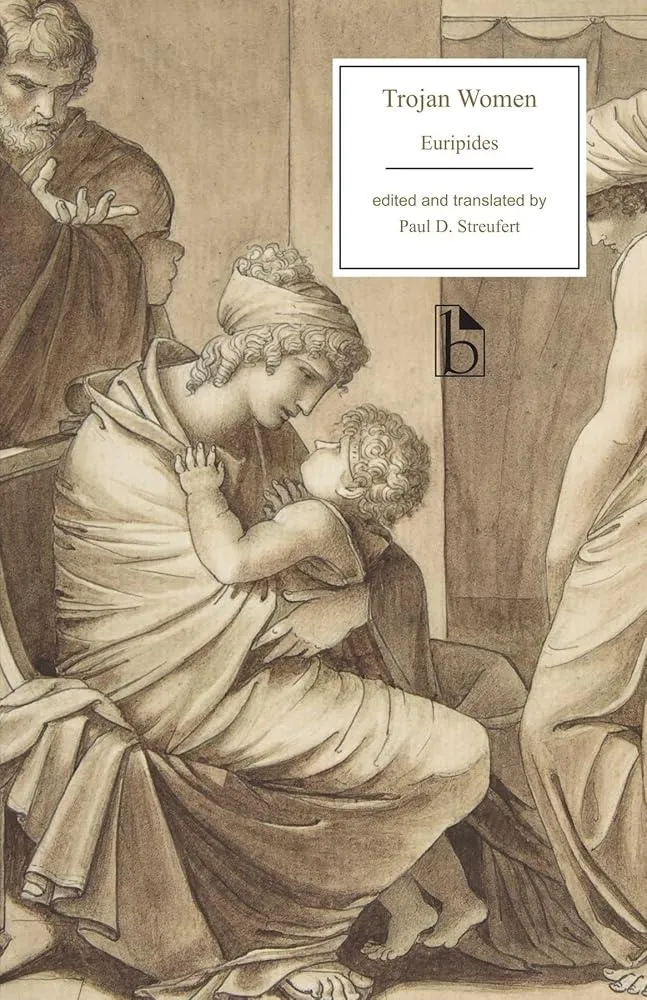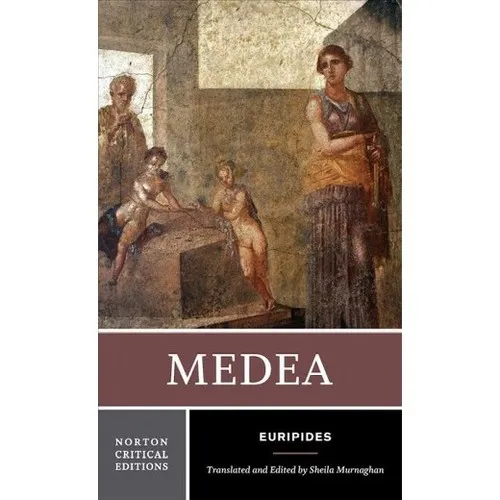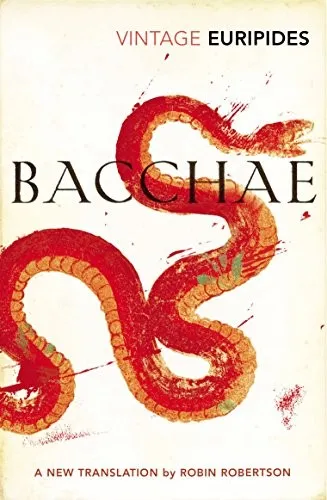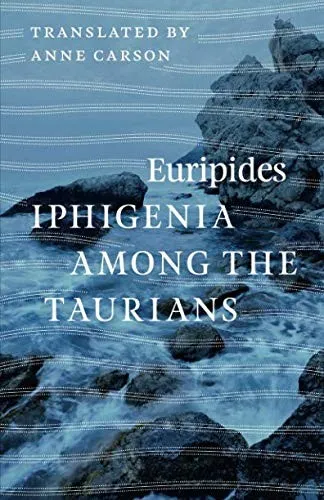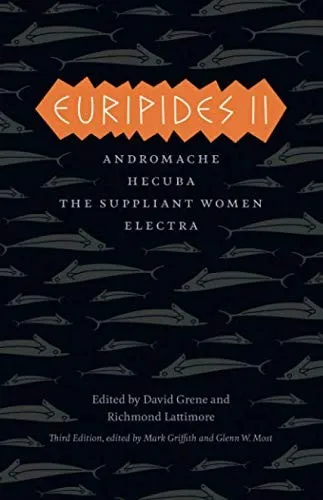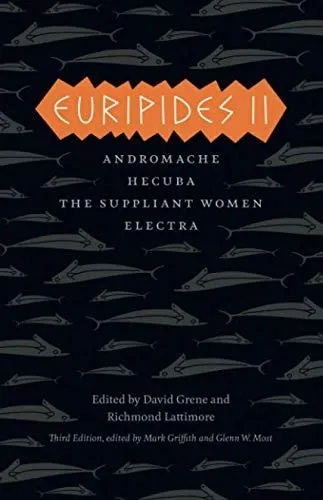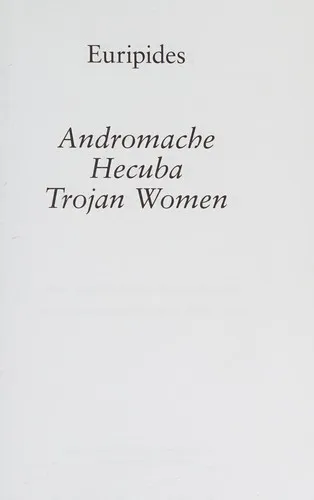
Andromache, Hecuba, Trojan Women
(Autor) EuripidesDiane Arnson Svarlien's translation of Euripides' Andromache , Hecuba , and Trojan Women exhibits the same scholarly and poetic standards that have won praise for her Alcestis , Medea , Hippolytus . Ruth Scodel's Introduction examines the cultural and political context in which Euripides wrote, and provides analysis of the themes, structure, and characters of the plays included. Her notes offer expert guidance to readers encountering these works for the first time.
Euripides
Euripides was an ancient Greek tragedian born around 480 BC in Athens. He is known for his innovative and controversial plays that challenged traditional beliefs and societal norms. Some of his most notable works include "Medea," "The Bacchae," and "Electra."
Euripides' plays often featured strong female characters and explored themes of revenge, betrayal, and the complexities of human nature. His use of psychological depth and moral ambiguity set him apart from his contemporaries and influenced future playwrights.
Euripides made significant contributions to the development of Greek tragedy, incorporating elements of realism and focusing on the inner lives of his characters. His works continue to be studied and performed around the world, with "Medea" being his most famous and enduring play. Euripides' legacy as a master of tragedy and a pioneer of dramatic storytelling has had a lasting impact on the literary genre.
